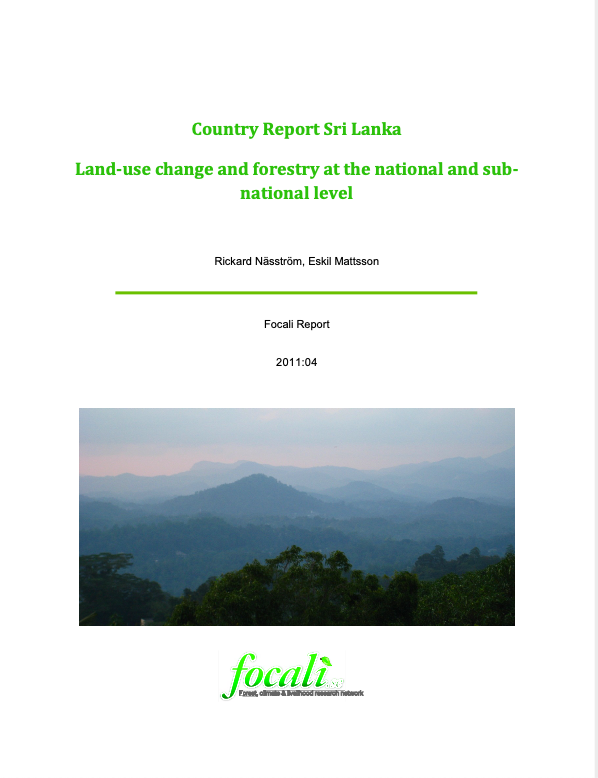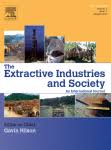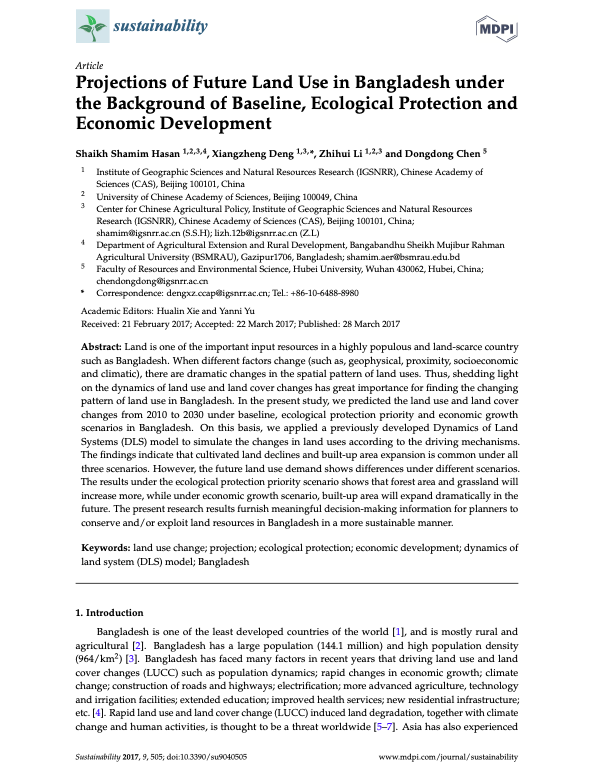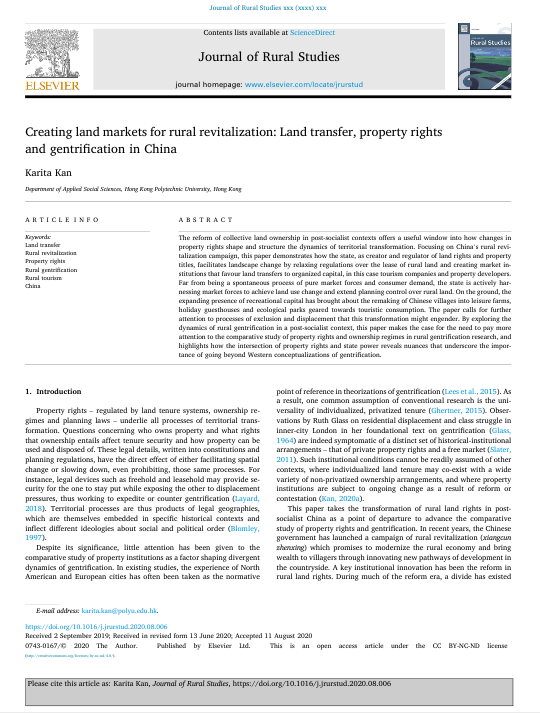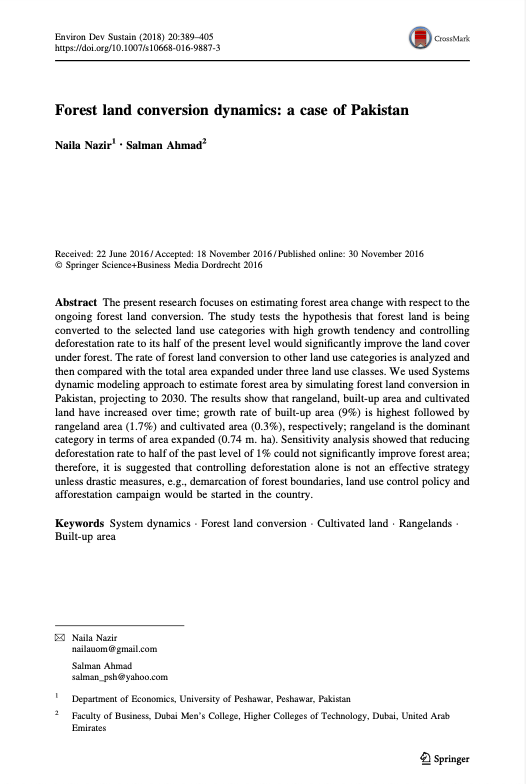Spatial Transformation of a New City in 2006–2020: Perspectives on the Spatial Dynamics, Environmental Quality Degradation, and Socio—Economic Sustainability of Local Communities in Makassar City, Indonesia
The accelerated development of new urban areas has an impact on changes in the spatial use and complexity of ecosystems.


